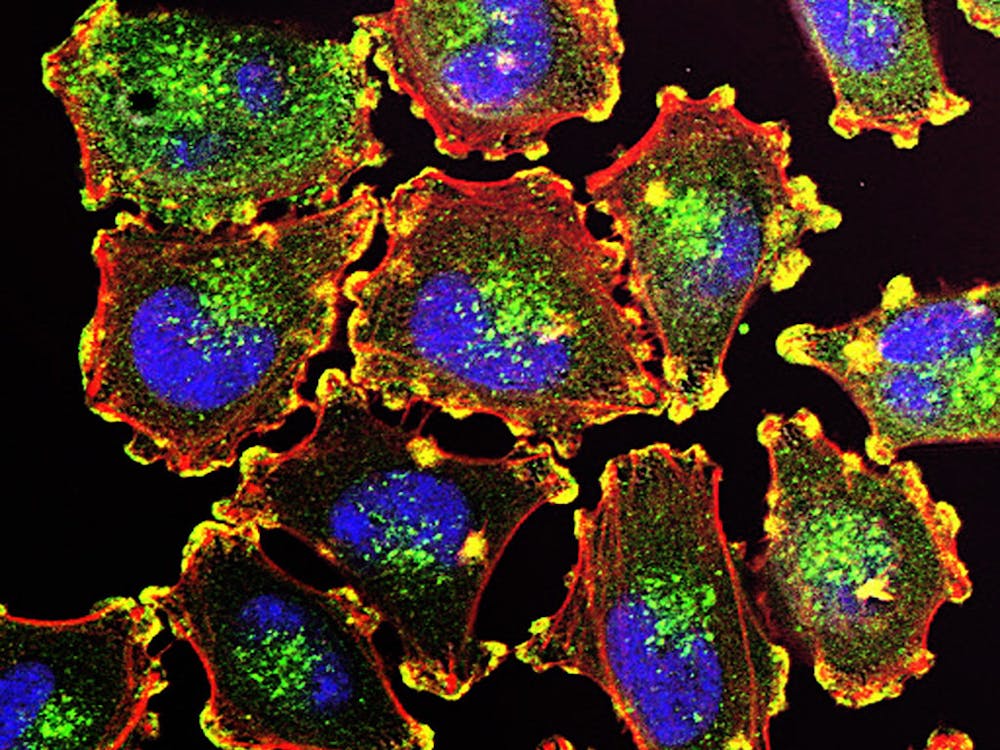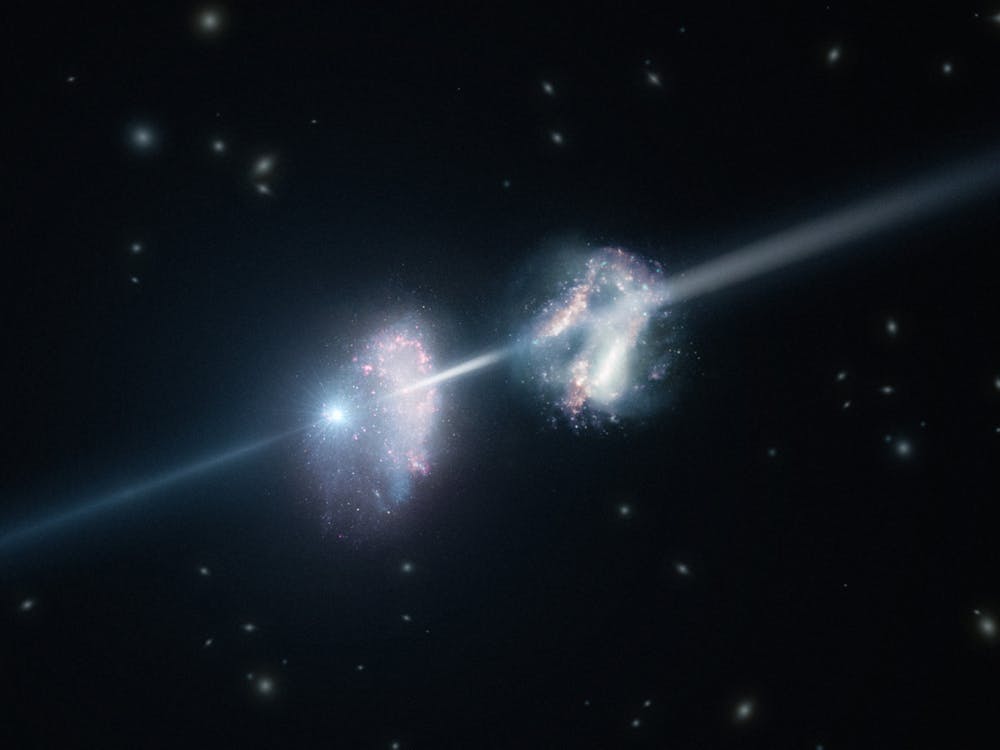In a 2017 study, researchers at the Cancer Prevention Institute of California (CPIC) concluded that Asian Americans exhibit higher rates of breast cancer than other minorities. The study was conducted among women from seven different Asian-American ethnic groups in California from 1988 to 2013.
The study looked at the following ethnic groups: Chinese, Japanese, Korean, Filipino, Vietnamese, South Asians (Indians and Pakistanis) and Southeast Asians (Cambodians, Laotians, Hmong and Thai). Among those included in the study, researchers noted that women from the South Asian, Vietnamese and Southeast Asian groups showed the highest rates of breast cancer.
In an interview with the National Broadcasting Company (NBC), CPIC Research Scientist Scarlett Lin Gomez said that the groups with the highest rates of breast cancer also happen to have recently immigrated to the U.S.
Notably, this pattern seems to mirror the trend of Japanese Americans developing breast cancer at higher rates in the 1970s and 1980s. For Japanese Americans, breast cancer rates seem to have stabilized and now exhibit a similar pattern to breast cancer trends in non-Hispanic white women.
CPIC researchers also hypothesized that cultural behaviors could play a role in detecting breast cancer in its earlier stages and decreasing the incidence of breast cancer among Asian Americans. They noted that the groups that exhibited the highest breast cancer development rates are the same groups that tend to have their breast cancer diagnosed in the latest stages.
“[The] stigma around breast cancer is still so prevalent in the Asian-American community. Women may not talk about it and then not receive the support that they need,” San Francisco State University Professor Grace Yoo said in an interview with NBC.
The act of Asian-American women discussing their breast cancer struggles and experiences with each other can be a form of support and a way to spread awareness to younger generations.
The CPIC study also showed that Asian-American women may be more prone to more aggressive types of breast cancer. Specifically, cancer caused by mutations in the human epidermal growth factor receptor 2 (HER2), which helps promote cell growth, affected the same groups that exhibited the highest rates of breast cancer more than it affected non-Hispanic white women.
According to the 2012 study, “The HER2 Receptor in Breast Cancer: Pathophysiology, Clinical Use, and New Advances in Therapy,” conducted by researchers at Emory University, mutation of HER2 occurs in approximately 15-30 percent of breast cancer and is also associated with uterine cancer.
Thanks to the CPIC study, doctors may also become more aware of the increased health risks Asian American women face compared to their non-Asian counterparts.
San Francisco State University professor Mai-Nhung Le described her own sister’s experiences with breast cancer in an interview for NBC. She was diagnosed with late stage breast cancer only after it was too late.
“Her doctor assured her that Asian women don’t get breast cancer,” Le said to NBC.
Unfortunately, when she was diagnosed her cancer had metastasized and travelled through her lymph nodes.
As Asian-American communities become more aware of the severity of breast cancer, there have been increased efforts for Asian-American women to receive earlier diagnostic treatment and become more informed of medical resources available to them.
Gomez also notes in the study that scientists should investigate other risk factors that affect Asian-American women, such as “early-life exposures” and “genetic susceptibility” to better understand the cancer risks they face.






















Please note All comments are eligible for publication in The News-Letter.